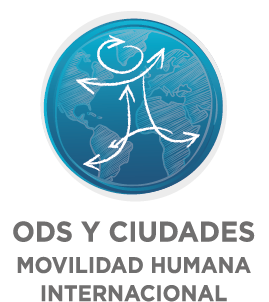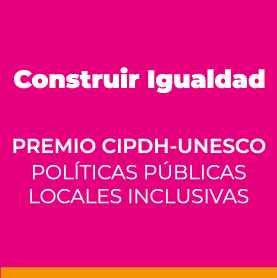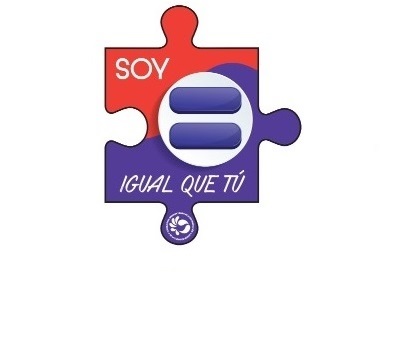
- Region
- Latin America and the Caribbean
- Range of Demographic Size
- 1,000,000 inhabitants or more (metropolis)
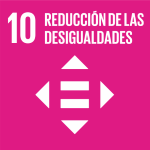
10-2 By 2030, empower and promote the social, economic and political inclusion of all, irrespective of age, sex, disability, race, ethnicity, origin, religion or economic or other status.
10.3 Ensure equal opportunity and reduce inequalities of outcome, including by eliminating discriminatory laws, policies and practices and promoting appropriate legislation, policies and action in this regard.
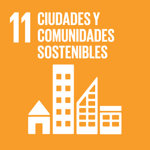
11.7 By 2030, provide universal access to safe, inclusive and accessible, green and public spaces, in particular for women and children, older persons and persons with disabilities.
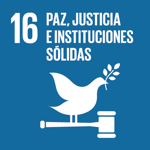
16.6 Develop effective, accountable and transparent institutions at all levels.
Summary
Mexico City’s Great Agreement for Equal Treatment is the linking platform of the Council to Prevent and Eliminate Discrimination in Mexico City (COPRED) with the business sector. Through the analysis of internal policies, the training of decision-makers at companies and the adoption of a labor inclusion policy, the private sector joins efforts with the Government of Mexico City to foster a culture of equality and non-discrimination to ensure full access to the rights of people that live and travel through the country’s capital.
Implementation Date:
Start: 09 / 1 / 2016
End: End: Currently in force
Society in general
Education and training
|Companies
- Email: contactocopred@gmail.com
- Web: https://www.copred.cdmx.gob.mx/acciones-estrategicas/gran-acuerdo-por-el-trato-igualitario
- Telephone: 5533-5533 // 5512-8639 // 5341-3010
- Social Network:
Instrumentos

10-2 By 2030, empower and promote the social, economic and political inclusion of all, irrespective of age, sex, disability, race, ethnicity, origin, religion or economic or other status.
10.3 Ensure equal opportunity and reduce inequalities of outcome, including by eliminating discriminatory laws, policies and practices and promoting appropriate legislation, policies and action in this regard.

11.7 By 2030, provide universal access to safe, inclusive and accessible, green and public spaces, in particular for women and children, older persons and persons with disabilities.

16.6 Develop effective, accountable and transparent institutions at all levels.
Location
- Region
- Latin America and the Caribbean
- Range of Demographic Size
- 1,000,000 inhabitants or more (metropolis)
Contact details
- Email: contactocopred@gmail.com
- Web: https://www.copred.cdmx.gob.mx/acciones-estrategicas/gran-acuerdo-por-el-trato-igualitario
- Telephone: 5533-5533 // 5512-8639 // 5341-3010
- Social network:


